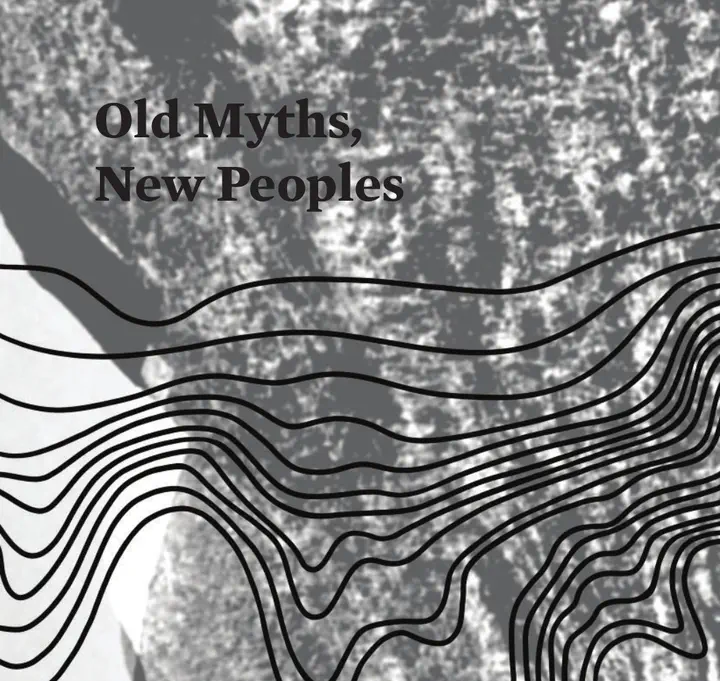Old Myths, New Peoples
The “Eastern Métis” and Indigenous Erasure

“The focus of this text is about the way white people contribute to longstanding attempts by the state to devour and consume Indigenous peoples’ cultures through stories and narratives that transform them into Indigenous people. We’re talking about the growing trend of settler self-indigenization, or “raceshifting” as many call it – a process through which white people reinvent themselves as Indigenous, often mobilizing these claims to undermine actual Indigenous people and their struggles for self-determination.
In “Quebec,” and east of us, specifically, we are witnessing huge numbers of white settlers self-indigenizing, in large part through the colonial court system. These self-indigenizing white people most often gather under the name of “Eastern Métis,” forming a wide variety of fake “nations” through which to lobby for state recognition and economic gain. These kinds of identity claims frequently reach the courts when individuals or groups seek hunting or fishing rights, or wish to counter land claims being made by Indigenous groups. While these claims have largely failed to stand up to even Canada’s legislative tests to prove Indigeneity, they are indicative of ways that whiteness continues to function as a tool of Indigenous erasure. We discuss in detail some examples of this phenomenon in later sections of this zine.
This zine collects a few long excerpts of certain texts we believe expand upon current theoretical and practical understandings of self-indigenization in “Quebec” and Eastern “Canada”. This zine is not intended to take a stance on Indigenous nations’ membership policies nor to tell Indigenous people who have been disconnected from their families, communities and cultures through colonial violence that they are or are not Indigenous. We are concerned simply with white people, white families, white communities, who are trying to build a political force in order to lay claims to land, hunting and harvesting rights, and other material gains at the expense of Indigenous people. Our goal with this zine is to equip ourselves and our communities with the information to counter this force.”